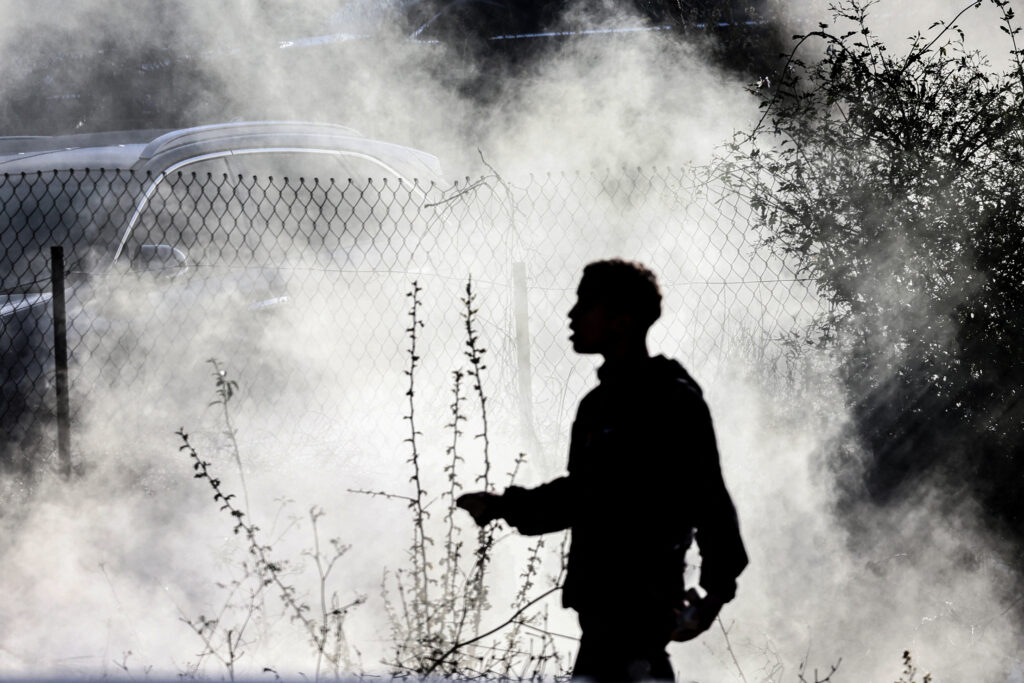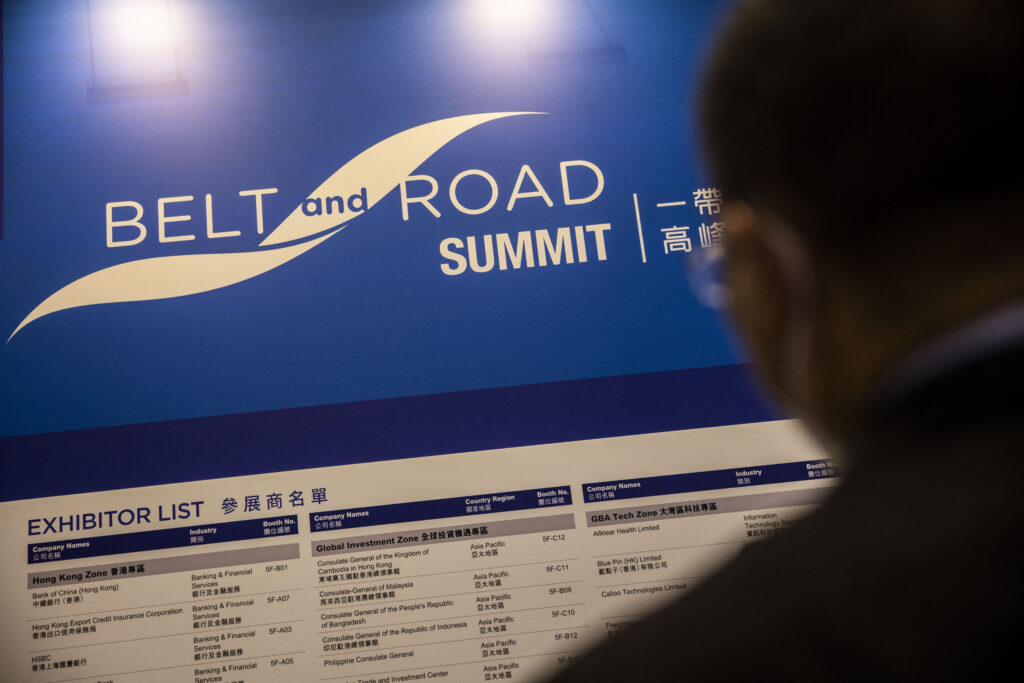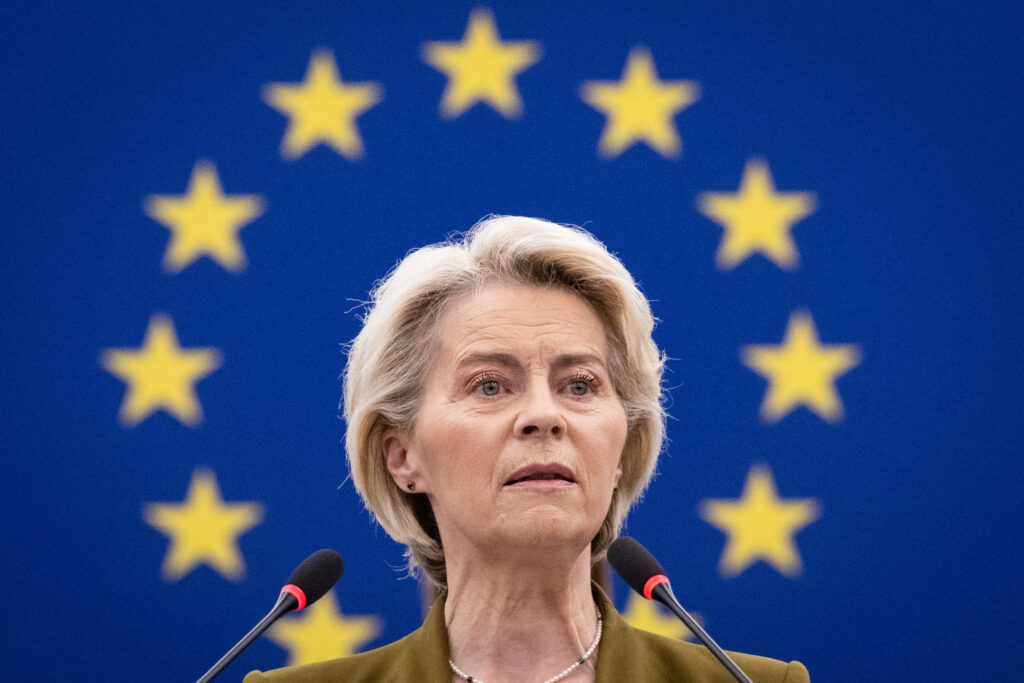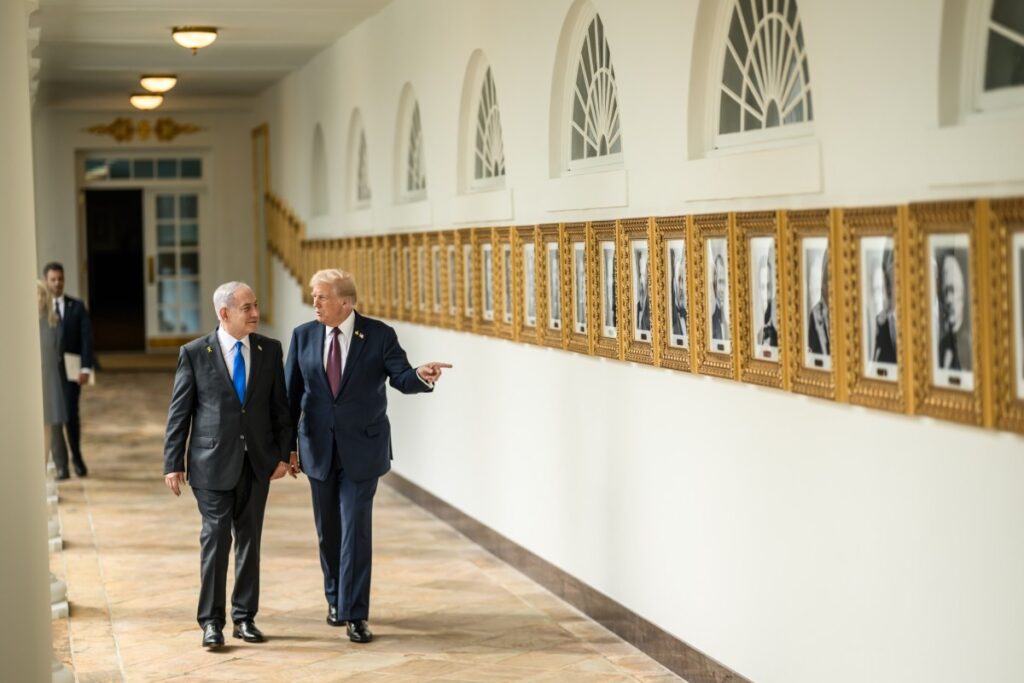Qatar Insights Series – A Note from the Editorial Team
This paper explores how Qatar has sought to compensate for its geographical and demographic limits by building up “soft power” – the ability to influence the behaviour of other actors through attraction rather than coercion. It examines the growth and impact of Qatar’s international broadcast media, its strategic investments overseas, its sports diplomacy, and its lobbying efforts to shape its international image and influence regional and international decision makers and publics.
Introduction
Soft power refers to the power of persuasion, the ability of a state to influence the behaviour of other actors and obtain desired outcomes through attraction — that is, through non-coercive and intangible means.[1] It is opposed to hard power, i.e., the use of classic coercive power such as the military, economic pressure, or even formal diplomacy. Soft power essentially uses ideological and cultural means. Soft power efforts may lose their effectiveness if the public perceives them as propaganda or manipulation, which is why states employ indirect, rather than direct, discourse. Since the end of the Second World War, developing soft power has become a full-fledged strategy for many of the major countries as they struggle to shape their image, reputation, and attractiveness with a view to extending their influence. These players make use of their
international communication tools (e.g., advertising, and language itself), the attractiveness of their culture (projected through literature, cinema, television, websites, etc), their lifestyles, and even the influence of their ideas (spread though lobbying, for example) to achieve soft power. They also build their reputations through the diffusion of their technology, their presence in international organisations, as well as their international aid and the philanthropic foundations set up by their billionaires.
In the face of multiple historical and political challenges, the young Qatari state has had to compensate for its geographical and demographic limits by developing soft power, which it has excelled in doing over the past 20 years. This paper seeks to analyse Qatar’s strategy in developing soft power to build its international profile and influence regional and international public opinion as well as influential decision makers in several powerful countries. It will first take a quick look at the historical and political context in which Qatar’s soft power strategy was developed. Then, it will study the nature and dimensions of the communication, public diplomacy, public relations (PR), and influence components of Qatar’s soft power strategy.
The Need for Small States to Develop the Power to Forestall Domination by Others
Qatar is located in a turbulent zone, where no weak state can exist without strong and credible military and political alliances. It is situated not far from conflict-ridden Iraq, and Iran, which has nuclear ambitions. Qatar also faces difficult neighbours,[2] notably Saudi Arabia, Bahrain, and the United Arab Emirates (UAE). When Qatar declared independence in 1971, it turned its back on pressures from Abu Dhabi’s ruler, Sheikh Zayed Al Nahyan, to join the new Abu Dhabi-led union. In 1992, Qatari and Saudi soldiers exchanged gunfire. And, in the recent past, the region has experienced several cases of inter-state tension arising from border conflicts. These include conflicts where Qatar was pitted against Bahrain, against Saudi Arabia, and against the UAE. In addition, Qatar induces envy among its neighbours as a result of its vast wealth.
To protect itself from the mood swings of its hostile neighbours, Qatar in the 1990s signed a defence cooperation agreement with the United States. Furthermore, it established tight political relationships with some of the major powers, especially the United Kingdom, France, Germany, and Japan.
Al Jazeera as a Starting Point for Qatar’s Regional and Global Media Influence Strategy
Beginning in 1996, Qatar pursued a media strategy aimed at building a positive image, first in the Arab world and then in the world at large. The news channel Al Jazeera, initiated by Qatar’s former emir Sheikh Hamad bin Khalifa Al Thani, quickly became the spearhead in this Qatari strategy.
Al-Jazeera initially set its sights on becoming a pan-Arab channel dealing mainly with issues related to the other Arab countries, which the censored national media of those countries were unable to address. Defined as a liberal channel with the slogan “voice of the voiceless”, Al Jazeera successfully captured and conveyed the social and political atmosphere of the Arab ground, which drew a positive reception from the Arab publics and rapidly helped it garner the largest audience in the Arab world.[3] Furthermore, the channel succeeded in becoming one of the most innovative Arab broadcast channels, using the latest technology, modern studios, new journalism practices as well as a new discourse.[4]
The launch of Al Jazeera, in fact, took place in the context of a regional and international broadcast race among powerful nations to gain cultural and ideological influence in the Middle East/North Africa region. Beginning in the late 1990s and continuing through the turn of the century, the region was flooded with transnational channels that targeted the Arab world in Arabic. These include the European Union’s “Euronews Arabic”, Saudi Arabia’s “Al Arabiya”, Iran’s “Al Alam”, the United States’ “Al Hurra”, France’s “France 24 Arabic”, Russia’s “Russia Al Yaum”, the United Kingdom’s “BBC TV Arabic”, the Arabic-language version of China’s “CCTV”, and Turkey’s “El Türkiye” Arabic channel.
Qatar’s involvement in the media race was first motivated by its desire to thwart Saudi Arabia’s plan to monopolise the Arab media to ensure a coherent media discourse that could serve its political and ideological interests in the Gulf region. Saudi Arabia’s plan, in turn, had been motivated by its fear of the late Egyptian leader Gamal Abdul Nasser’s pan-Arab nationalism. It thus initiated a series of acquisitions/creations of newspapers and radio stations, mostly printed or broadcast from London or Paris.[5] But, until the launch of Al Arabiya, most of Saudi Arabia’s media broadcasts, helmed by young, foreign-born Lebanese journalists, quickly showed their limits, owing to their conformist discourse. Al Jazeera, in contrast, broke with the Saudi approach through a new editorial line based on its localisation (i.e., Doha instead of Europe), its journalist selection (coming from throughout the Arab world instead of solely from Lebanon), and its reference ideology (pan-Arabism and moderate Islam instead of rigorist Wahhabism).
Al Jazeera has largely contributed to the building of both the Qatari state’s reputation and its profile in the Arab public opinion. Subsequently, Al Jazeera Channel expanded to become Al Jazeera Media Network, which could extend Qatar’s zone of influence beyond the Middle East, especially with the launch of Al Jazeera English, Al Jazeera Documentary, Al Jazeera Mubasher, Al Jazeera Balkan, Al Jazeera Turk, Al Jazeera America, Al Jazeera Children, and Al Jazeera Sports.
International Investments as an Integral Part of Qatar’s PR and Communication Strategy
An important pillar that contributes significantly to Qatar’s positive global image is its active policy of worldwide investments. This policy is part of Qatar’s wider state strategy of economic diversification adopted in the 1990s.[6] Most of these investments were made through Qatar Investment Authority, a fund created in 2005 to manage the windfall from the country’s liquefied natural gas sales. The diversification strategy was accelerated after Qatar suffered the effects of the 2008 global financial crisis. According to Mohamed Sergies, Qatar has acquired more than US$335 billion worth of assets around the globe, buying up trophies such as London’s Shard, the tallest building in Europe.[7] Other prominent entities where Qatar has taken sizeable stakes include the Russian oil giant Rosnef, Germany’s Volkswagen, and Barclays Bank. Many other investments have recently been undertaken in France, Italy, and countries in Africa and Asia. Since most of the brands that Qatar has invested in are well known and trusted global ones, its investments in them can be seen as an extension of Qatar’s nation branding campaign.[8]
Investment in Sports and Sports Diplomacy
Investing in sports is another component of Qatar’s long-term soft power strategy, involving both external and internal activities. Sports diplomacy is one pillar of this strategy. As one of the sponsors of the United Nations resolution on sports for development and peace, Qatar projects sports as important in enhancing development, peace, respect and tolerance.[9]
Since the 1990s, Qatar has been organising various international sports competitions with a view to selling a positive image of the country, apart from reaping the economic benefits of hosting such events. The competitions it has organised thus far are the Doha Open Tennis, the Qatar Masters golf tournament, and the Tour of Qatar cycling race. Qatar’s hosting of the upcoming soccer World Cup 2022 will be a first in the Arab and Muslim world and will give the country the status of a regional leader since the competition will undoubtedly be one of the most watched events in the world. Qatar has also been working on organising a Formula 1 motor race.
Apart from organising sporting events, the Qatari government has been expanding its media empire to include a television network solely dedicated to sports. In 2012, Al Jazeera Media Network created a new channel, beIn SPORTS, in France. Two years later, Al Jazeera Media spun off beIn SPORTS into an independent corporate holding fully dedicated to sports, the beIN Media Group. Today, beIN Media Group has 60 channels, is present in 43 countries spread among the five continents, and broadcasts in five different languages, namely, Arabic, French, English, Spanish, and Turkish. Since 2015, the group has pursued a large global investment plan, expanding beyond sports to include movies, general entertainment, and factual and children’s content. It has also acquired the American production studio Miramax.[10]
Topping off Qatar’s sports diplomacy is its investment in some of the world’s most famous professional football clubs through “Qatar Sport Investment” (QSI). Established in 2004, this fund enabled Qatar to seize the sponsorship of FC Barcelona in 2011, before the state-owned Qatar Airways took it over. In the same year, QSI acquired up to 70 percent of the shares in the prestigious French football club Paris Saint-Germain (PSG). Earlier, the Qatari businessman Sheikh Abdallah Ben Nasser Al-Thani purchased the Malaga club. In addition to football, Qatar has invested in equestrian sports and, through Qatar Airways, bagged the sponsorship of the Tour de France cycling race. In 2007, QAI launched its own brand of sportswear, Burrda Sport, and is embarked on an offensive marketing strategy. Burrda Sport is intended to compete with famous sports brands such as Adidas and Nike and is present today in Holland, Belgium, France, Spain, and Italy, among other countries.
Domestically, the Qatari government gazetted a National Sports Day in 2012. It has also invested in state-of-the-art infrastructure that contributes to the development of sports in the country and ensures its international influence. For instance, the Aspire Sports Academy was created in 2004 with a view to grooming young Qataris into world-class sports talents. Earlier, Qatar launched a modern sports hospital, Aspetar, to buttress its reputation in the sports world. Staffed by some of the world’s leading sports medicine practitioners and researchers, Aspetar is the first specialised orthopaedic and sports medicine hospital in the Gulf region and has won international accreditation.[11]
The Art of Thwarting Regional Boycotts and Conspiracies
It is important for a state to have a permanent proactive/reactive PR communication strategy as well as lobbying networks to defend its political and economic interests. The recent boycott of Qatar by its three direct neighbours (Saudi Arabia, the UAE, and Bahrain) has shown the importance of lobbying and PR communication in ties with powerful states, notably the United States and the European Union.
Lobbying can be defined as the art of influencing decision makers in government, parliamentarians, the media, as well as economic and social actors, to gain their understanding and support for specific policies/actions or of thwarting hostile actions/policies.
The use of lobbying is not new to Qatar. In the past, the Qatari government often employed lobbies to refute negative media campaigns, criticisms of working conditions in the country, and even allegations that it was supporting radical Islamism.
However, Qatar’s use of lobbying saw a significant increase after the cutting of diplomatic ties by its immediate neighbours and other Arab countries in June 2017. In the face of the intensive political campaigns by the UAE and Saudi Arabia to tarnish Qatar’s reputation, particularly in the United States, Qatar felt compelled to take emergency actions to defend its stance.
In fact, lobbying is a constant variable in the foreign policies of Qatar’s neighbours. According to the Washington Post, among foreign governments that spent millions to lobby American decision makers in 2013, the UAE took top place by spending “a whopping $14.2 million to influence Americans, making contacts, among many others, with columnists and reporters to discuss, among other things, ‘illicit finance issues’”.[12] The newspaper suggested that the discussions probably focused on illicit funding of terrorists, a charge that has been levelled at Qatar by the UAE and Saudi Arabia.[13] According to the Washington Post report, Saudi Arabia came in fourth place, after Germany and Canada, by spending US$11.1 million in lobbying for its interests in the United States.[14]
In this battle of influence that targets both influential political decision makers and the mainstream media in the United States, Qatar could not afford to remain a mere spectator. According to the “Open Secrets” website,[15] in 2017, Qatar hired seven American lobbying firms and spent nearly US$5 million on US lobbying and media campaigns to fight efforts by Saudi Arabia, the UAE, Bahrain, Egypt, and others to isolate it. Specifically, the website noted that beginning just two days after the boycott and within the space of three months Qatar had hired the services of four American law firms to lobby on its behalf.[16] A recent New York Times report noted that the Saudis and Emiratis “have mobilized their own extensive lobbying network in Washington to push back against the Qataris …”. The report quoted unnamed officials on Capitol Hill as having said that they had been “inundated by competing lobbying teams, and the Saudis and Emiratis remain formidable players in Washington’s influence game.”[17]
Conclusion
Qatar’s soft power strategy has been fundamentally dictated by the imperatives of its regional and international surroundings. Keen on upholding its sovereignty and independence, the young Qatari state has drawn on its substantial financial means and worked hard to defend its internal and external policies and emerge as a major actor on the international scene. Its soft power strategy has been built on three overlapping pillars established in the 1990s: (i) an efficient broadcast communication strategy aiming at establishing a local and regional legitimacy for the small state; (ii) a PR and media strategy to sell a positive image of the state involving sports diplomacy and public diplomacy highlighting Qatar’s modernity, wealth and innovation; and (iii) PR communication and lobbying aimed at preserving the strategic alliances of the country and countering the strategies of those seeking to isolate it.
Dr Kamal Hamidou is coordinator of the Mass Communication Department at Qatar University.
[1] Nye, Joseph, “Public Diplomacy and soft power”. The Annals of the American Academy of Political and Social Science, Vol 616, March 2008, 94-109.
[2] On 14 February 1996, during the month of Ramadan, a failed coup, dubbed “Operation Abu Ali”, took place in Qatar, one year after the former emir, Sheikh Hamad bin Khalifa Al Thani, had assumed the throne. See “New details revealed on 1996 coup attempt against Qatar,” Al Jazeera online, March 5, 2018. https://www.aljazeera.com/news/2018/03/al-jazeera-reveals-details-1996-coup-attempt-qatar-180304200532130.html
[3] Abdlemoulla, E., and N. Miladi, ed., Mapping the Al Jazeera Phenomenon: Twenty Years On (Doha: Al Jazeera Center for Studies, 2016), p 18.
[4] Hamidou, K., “Al Jazeera and migratory audience: is satellite reshaping the space-time notions of identity and belonging?” in Mapping the Al Jazzera Phenomenon Twenty Years On, ed. Abdlemoulla, E., and N. Miladi (Doha: Al Jazeera Center for Studies, 2016), 286-287.
[5] El Oifi, M., “L’effet Al Jazira,” Politique étrangère, no. 3, 69e année, 2004, 653.
[6] Mohamed Sergies, “Qatar’s Bets,” Bloomberg, July 6, 2017. https://www.bloomberg.com/quicktake/qatar-s-bets
[7] Seth Cantey, The Middle East and South Africa 2017-2018 (World Today Series, 51st Edition), (Lanham MD: Roman & Littelfield 2017), p 161.
[8] McSparren, Jason, Hany Besada, and Vasurdhara Savarade, “Qatar’s Global Investment Strategy for Diversification and Security in the Post–Financial Crisis Era,” Centre on Governance Research Paper Series, No. 02/17EN, Ottawa University Faculty of Social Sciences, 2017, p 12.
[9] See website of Qatar’s Ministry of Foreign Affairs, https://www.mofa.gov.qa/en/foreign-policy/international-cooperation/sports-diplomacy
[10] See the timeline of the beIN Media Group’s expansion in its website, https://beinmediagroup.com/the-group/
[11] See the website of Aspetar Hospital, http://www.aspetar.com/about.aspx?lang=en
[12] Itkowitz, Colby, “Which foreign countries spent the most to influence US politics?” Washington Post, March 14, 2014, https://www.washingtonpost.com/blogs/in-the-loop/wp/2014/05/14/which-foreign-countries-spent-the-most-to-influence-u-s-politics/?utm_term=.fcbfb0cc1ded
[13] Ibid.
[14]Itkowitz, Colby, “Which foreign countries spent the most to influence US politics?” ?” op. cit. See also Detsch, Jack, “Saudi Arabia seeks win over Qatar after 9/11 fiasco,” Al-Monitor, December 12, 2017, https://www.al-monitor.com/pulse/lobbying-2017/saudi-arabia
[15] Leathley, Emma, “Qatar spent nearly $5 million on US influence campaigns following its isolation by Saudi coalition,” Opensecrets.org, Oct 13, 2017, https://www.opensecrets.org/news/2017/10/qatar-spent-5-million-on-influence/
[16] Ibid.
[17] Harris, Gardiner, “In charm offensive, Qatar pushes for a comeback in Washington,” New York Times, Feb 9, 2018, https://www.nytimes.com/2018/02/09/us/politics/trump-qatar-lobbying-embargo.html





